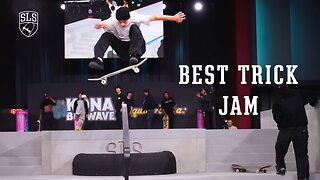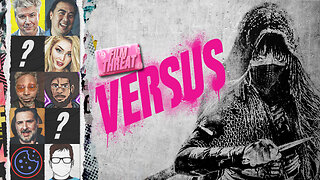Renate Bertlmann: Discordo Ergo Sum – Venice Biennale 2019
Renate Bertlmann’s work is rooted in 1970s feminism, yet her message is entirely contemporary. She talks to Studio International about celebrating sensuality and honesty of emotional expression – anger as well as tenderness, fear and lust.
While there are many countries at the Venice Biennale showcasing their first female artist, for a country with the visual arts legacy of Austria, it is remarkable that Renate Bertlmann (b1943, Vienna) is the first female artist to appear as its sole representative. As with other mature artists who have triumphed at previous biennales (it was the septuagenarian Phyllida Barlow’s first outing for the UK and nonagenarian Geta Brătescu’s first for Romania at the 2017 biennale), Bertlmann’s star has been on the (re)ascendant for some time.
While she was apparently the toast of the 2019 Art Brussels “Rediscovery” section, her solo show - named after one of her core tenets, Amo Ergo Sum (I love therefore I am) - at Vienna’s Sammlung Verbund Gallery in 2016 was accompanied by the first proper monograph on her work. In 2019, almost simultaneously with the Venice opening, Bertlmann was preparing for a major retrospective at the State Gallery of Lower Austria in Krems. The Richard Saltoun Gallery has recently reissued her Tender Object photographs, showing inflated condoms paired in positions of seeming intimacy with each other, their surfaces glossy and lubricated, their colours DayGlo.
Bertlmann first came to art-world attention in the 70s with a radical feminist practice, incorporating gendered objets trouvés into her sculptures, photography and performance. Fetish objects, typically associated with male fantasies (dildos, blow-up dolls) were deployed with wit and sensuality. She has said: “My works are an expression of fear combined with great lust, and the latter is frightening for those who don’t care to confront their own hidden desires.” These sentiments have renewed traction thanks to the #MeToo and gender equality movements.
For the Venice Biennale, Bertlmann chose a dual presentation of works old and new. Inside the horseshoe-shaped structure of the Austrian pavilion, she has placed large black-and-white poster representations of her ideas and themes from the 70s and 80s, while in the central garden is a sculptural installation of red roses speared through their hearts by long, thin swords.
Renate Bertlmann: Discordo Ergo Sum
Pavilion of Austria, Giardini, Venice 11 May – 24 November 2019
Interview by VERONICA SIMPSON
Filmed by MARTIN KENNEDY
-
 57:10
57:10
Kimberly Guilfoyle
5 hours agoBiden’s America Last Disaster and What We can do About it. Sen Tom Cotton, Candice Jackson & John Rourke | Ep. 133
4.76K26 -
 LIVE
LIVE
Redacted News
2 hours agoRussia's Nuclear Warships ARRIVE in Cuba, U.S. in STRIKING distance | Redacted w Clayton Morris
15,879 watching -
 14:55
14:55
SLS - Street League Skateboarding
4 days agoBest Trick Jam at SLS APEX 02 - Tyson Bowerbank, Yuto Horigome, Dashawn Jordan & more...
14.4K7 -
 8:11
8:11
Vigilant News Network
4 hours agoCOVID “Vaccines” Hit By New Bombshell | Beyond the Headlines
8094 -
 1:00:39
1:00:39
In The Litter Box w/ Jewels & Catturd
18 hours agoBiden is a Confused Embarrassment | In the Litter Box w/ Jewels & Catturd - Ep. 583 - 6/10/2024
25.9K18 -
 LIVE
LIVE
Revenge of the Cis
1 hour agoEpisode 1355: The Hero We Need
3,170 watching -
 1:57:02
1:57:02
Film Threat
6 hours agoVERSUS: THE ACOLYTE DESTROYS STAR WARS | Film Threat Versus
24.1K1 -
 13:11
13:11
Breaking Points
4 hours agoMacron Calls SNAP ELECTION After Right Wing EU SURGE
26.7K38 -
 2:00:08
2:00:08
Barstool Yak
4 hours agoThe Yak with Big Cat & Co. Presented by Rhoback | The Yak 6-10-24
30.7K55 -
 54:59
54:59
Ben Shapiro
5 hours agoEp. 1982 - Israel Pulls Off MIRACLE Rescue Of 4 Hostages…And The Left Laments
67.3K198